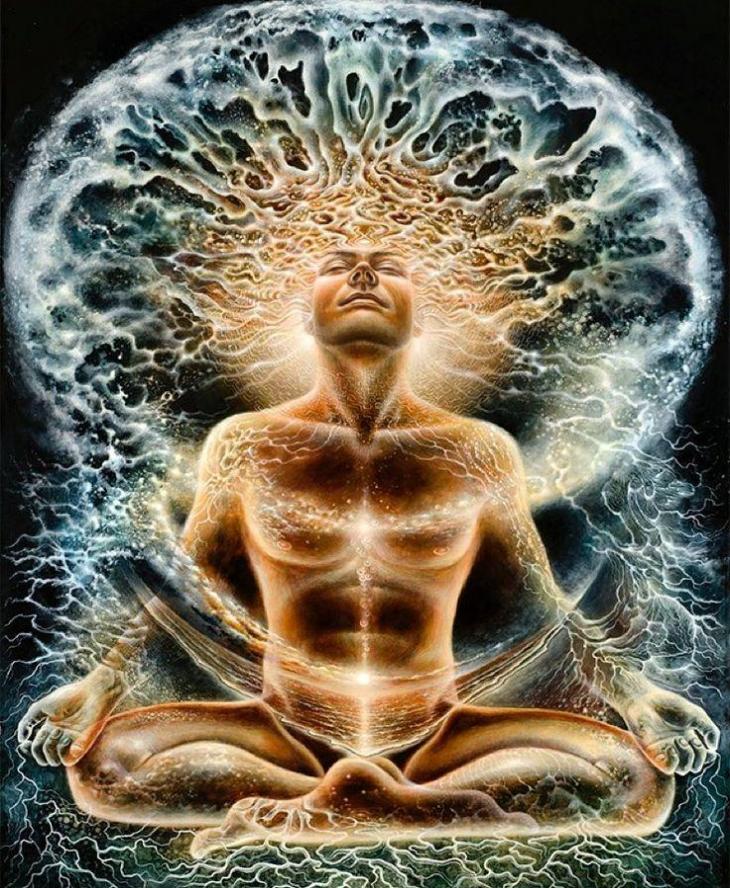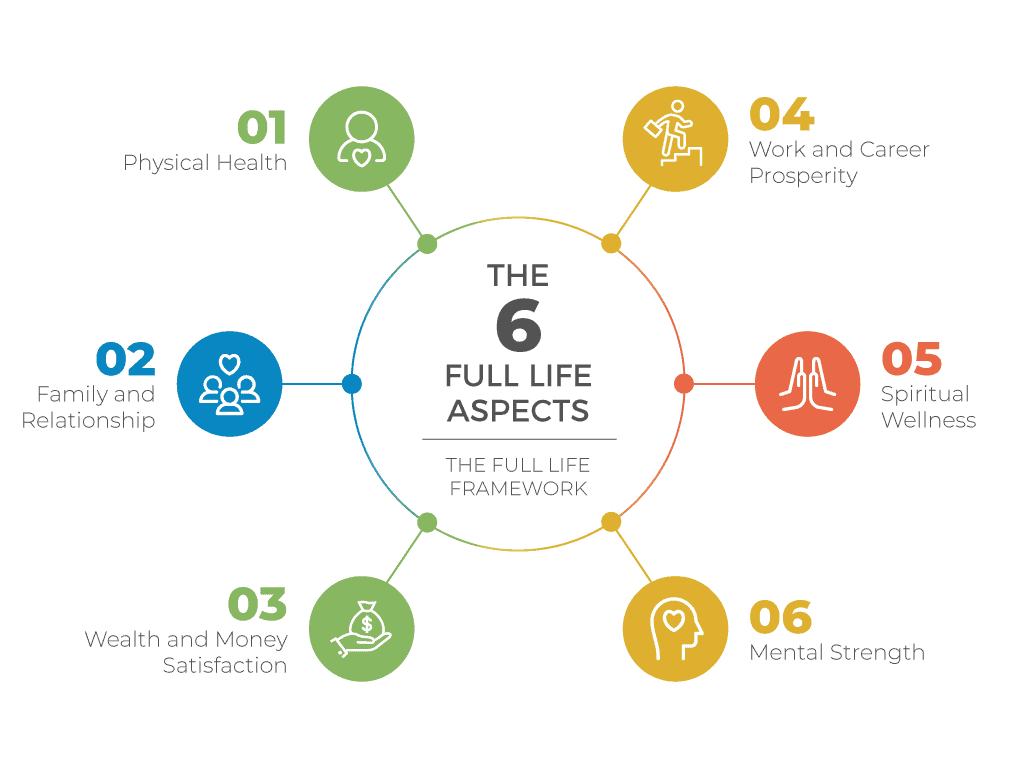Counselling/therapy can be useful for anyone who wants to explore the way they're thinking or feeling further, as well as for anyone experiencing a problem or issue they are keen to resolve. People may choose to speak to a counsellor/therapist because they feel they cannot speak to their other half/friends/family about such personal issues, or they may simply wish to speak to a professional with an objective viewpoint.
Common subjects that can be addressed within counselling/therapy include the following:
Addictions or substance abuse
Wherever there is a physical addiction to a substance or activity - there is likely to be a psychological addiction too. Counselling/therapy aims to relieve psychological addiction by exploring the root cause while helping to develop new ways of thinking.
Bereavement
Losing a loved one is a difficult event in anyone's life. The loss can bring up a wide range of emotions including guilt and anger. Some people benefit from speaking openly to a counsellor about their feelings to help ease the process and resolve any remaining issues they may have.
Bullying
Being the victim of any form of abuse - verbal, emotional or physical - can lead to issues that may affect you all of your life. Counselling can offer victims the chance to seek help from authorities (if appropriate) as well as address the psychological repercussions in a safe environment.
Illness
Suffering from a long-term illness and Chronic Diseases such as Blood Pressure, Diabetes, Arthritis, Sondalitic, severe Backache and Migraine etc; can turn anyone's world upside down. Counselling can help sufferers come to terms with their illness while offering emotional support and coping mechanisms.
Mental health
Suffering from a mental health issue such as schizophrenia or depression can feel incredibly isolating. Counselling/therapy looks to discuss the feelings that arise in conjunction with these kinds of mental health issues, as well as overcome any personal challenges or frustrations.
Relationships & Child Care
Covering all types of relationships, counselling can be used to discuss couples, marital, friendship and family issues. Problems could involve anything from a poor relationship with a parent, difficulties in a friendship or with a partner, or even your relationships at work.
Trauma
Whether you've been involved in an accident or you have been the victim of abuse, the psychological impact of trauma can last years after the event itself. In a counselling session, trauma victims are encouraged to explore their feelings regarding the incident and look into how these could be resolved or changed.
Other issues
Feelings of stress, anxiety and low self-esteem are becoming all too common in today's society. Counselling/therapy can offer practical advice for overcoming these kinds of issues, as well as allowing you the space to vent your frustrations and feelings.









